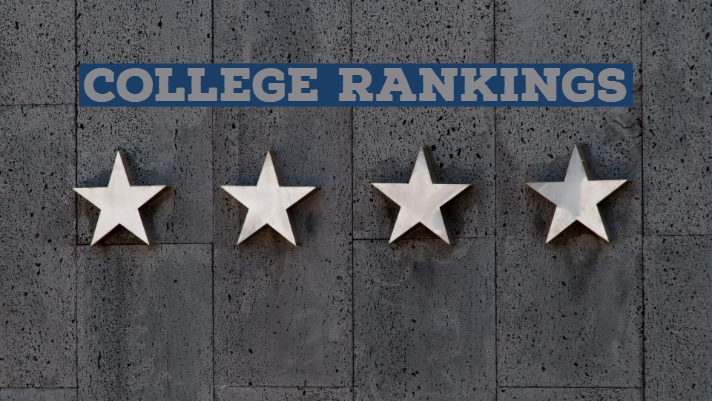 U.S. News released their college rankings yesterday. There is always a great deal of emphasis placed on these rankings. Colleges boast about their possession in the pecking order and use it for marketing to students. But are these rankings accurate? What do they mean? What don’t they mean?
U.S. News released their college rankings yesterday. There is always a great deal of emphasis placed on these rankings. Colleges boast about their possession in the pecking order and use it for marketing to students. But are these rankings accurate? What do they mean? What don’t they mean?
Personally, I don’t put much weight on the U.S. News college rankings. These rankings are based on a subjective collection of information from the colleges themselves. Colleges have been known to pad their data, cheat on the reporting, and shift the data in their favor in order to rank high on the list.
Parents have been known to use the list to insist their student attend one of the high ranking colleges. But honestly, it’s just a way to claim bragging rights for the parents and has very little to do with the actual quality of the education for the price.
I always suggest that parents use more than one source when comparing colleges and gathering data.
Custom College Rankings
Custom College Rankings is an amazing site created to help you view all the college statistics on a spreadsheet and change the criteria of the spreadsheet as you view it. There are over 2900 colleges and universities with statistics for each gathered from the most recent data from the U.S. Department of Education.
ETC College Rankings Index
“The ETC College Rankings Index measures the improvement in employability and earnings that a particular college brings to its graduates, relative to students similarly situated at other colleges” – states Michael R. Havis, president and founder of the nonprofit Educate To Career, who adds – “Students and parents are focused on the value-added by going to a particular college and pursuing a specific area of study.”
College Factual
Unlike other college ranking systems, College Factual serves as a decision-making hub throughout the entire college search process, sharing outcomes-based data such as average student loan debt per student and default rates; how well colleges retain and graduate students; graduates’ starting salaries and earning potential; and return on investment based on cost of a degree.
In addition to these sites, you can use College Navigator, Cost of Learning, and College Data to gather more information. Never rely solely on one set of rankings. Use the comparison tools to make a wise college choice.
